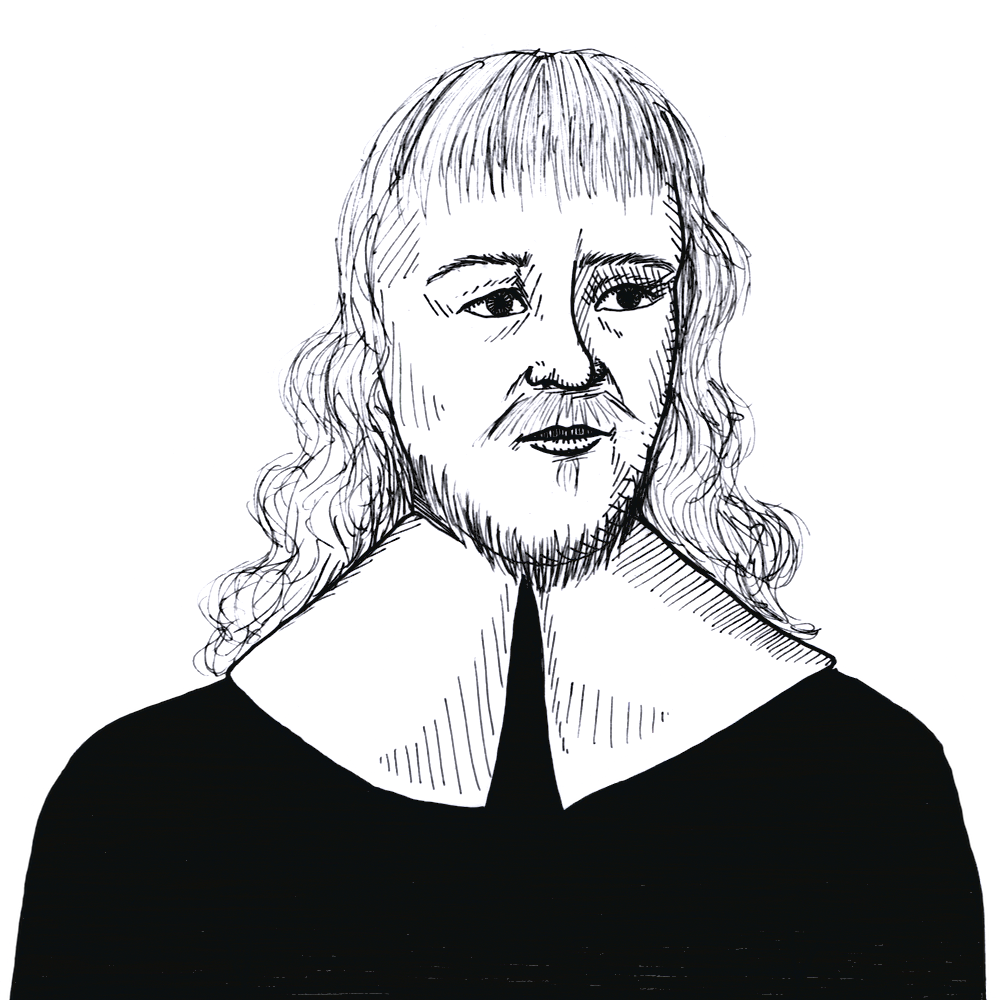
Richard Overton argues that to submit to the unjust rule by another is to violate one’s right of self ownership (1646)
Found in: Tracts on Liberty by the Levellers and their Critics Vol. 3 (1646).
The Leveller pamphleteer Richard Overton (16??-1664) defied the House of Lords from Newgate jail where he was incarcerated for refusing to recognize their right to question him without a warrant. To submit to their unjust demands he thought would be an infringement of his right to self-ownership:
Liberty
Why therefore shall I crave my own, or beg my right? to turn supplicant in such a case is a disfranchising of my self, and an acknowledgement that the thing is not my own, but at another mans pleasure; so that I forsake and cast off my property, and am inslav’d to his arbitrary pleasure: if the other will, I may have possession, otherwise not. Which indignity to my own, or to my Countreys rights, their Lordships shall never enforce me; for it is no better then a branch of tyranny to force a man to turn supplicant for his own, and of self-robbery to submit thereto. Though this inslaved Nation be most deeply and miserably involved in that intolerable condition, so that indeed we cannot have our own naturall rights and immunities, but we must be either patient sufferers, or actuall Petitioners, as if our own were not our own of right, but of favour.